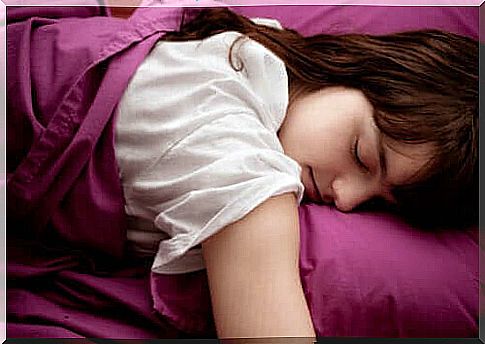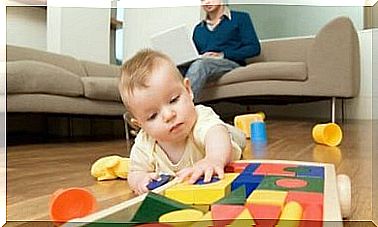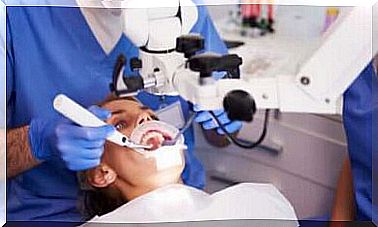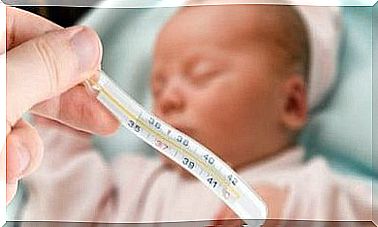Why Aren’t Many Teens Morning People?

We all know people who get up early and feel great. At the same time, other people have a very hard time in the morning hours and need time to wake up. These differences have to do with our chronotype. It’s not just about adults. There are also teenagers who are morning people and other teenagers who are evening people. Each type of person has its own characteristics and needs.
Since our teens are still young and under our responsibility, they are often required to follow strict schedules. For example, they have to perform a certain daily routine. We often regard them as lazy if they are unable to comply with this. However, this is not entirely their fault. In fact, part of what’s going on has to do with biological factors that are beyond their control.
Morning People vs Evening People: Two Chronotypes
A chronotype is each individual’s predisposition to experience peaks and troughs in activity levels during certain hours of the day. This is based on the synchronization of their circadian rhythm, a physiological 24-hour cycle that regulates our bodies.
A hormone called melatonin regulates this energy cycle. This hormone induces sleep and our body releases it in the dark. So it determines the times when we feel more awake and those when we feel sleepier. However, not all of us release melatonin on the same schedule.

The chronotype of teens who are morning people
Adolescents who fall into this category experience a release of melatonin around midnight. Therefore, they have to go to bed early and wake up refreshed even if it is early in the morning.
Their most productive hours are in the morning, and their energy levels gradually decline over the course of the day. When night falls, they feel tired and fall asleep quickly. By nature, they need to sleep from about 10 p.m. to about 6 a.m.
The chronotype of teenagers who are evening people
Adolescents who are evening people experience a peak in melatonin much later, around 6 a.m. Therefore, they wake up sleepy and drowsy and take quite some time to fully wake up.
Furthermore, their energy level increases during the day. This allows them to reach their maximum performance level at night. It’s no surprise that they have a hard time falling asleep early. Someone with this chronotype naturally goes to bed around 3 a.m. and wakes up around 11 a.m.
Only about 50% of the population falls into one of these extreme chronotypes. The other half share a more intermediate chronotype.
Adolescence and the tendency to stay up late
Despite the natural predispositions of each individual, teenagers have an even greater tendency to be night people. From the moment our children reach the age of 12 to 13, they become more active in the second half of the day. Likewise, they feel more tired in the earlier hours.

We all know that society is designed around those who are morning people. School schedules force children to attend class and perform well in the early hours of the day. This conflicts with the fact that many teens are not morning people in the following ways.
- Teens wake up feeling sleepy. Still, they have to perform (and have tests) during their least optimal hours.
- They cannot fall asleep at night because that is when their energy level is highest. Still, they have to get up early the next day. This leads many teens to build up a lot of exhaustion from lack of sleep.
- That’s why teens make up for this on weekends by sleeping longer. This prevents them from building an organized routine and affects their performance during the week.
All of these situations have a greater effect on those teens who share the chronotype of evening people. It offers them unequal opportunities compared to their peers who perform better during the day. Their classmates who are morning people learn and take tests during their hours of peak performance… but the case is not the same for those who are evening people.
Recognize and respect both morning people and evening people
In short, we need to recognize our children’s chronotypes to understand their needs. If they stay awake until all hours of the night and have difficulty waking up in the morning, we must understand that this is a normal process during adolescence. In fact, if they tell you they study better in the evening, believe them. They may just be a night owl.
We cannot change the rigid schedules that society imposes on us. Therefore, we should try to take advantage of our moments of maximum performance to be as productive as possible.








